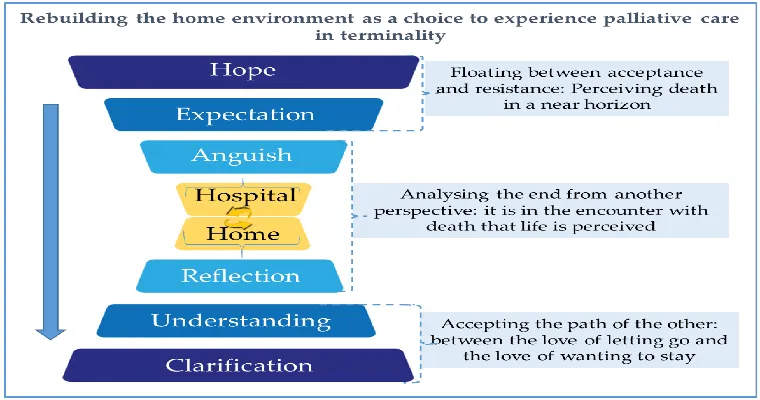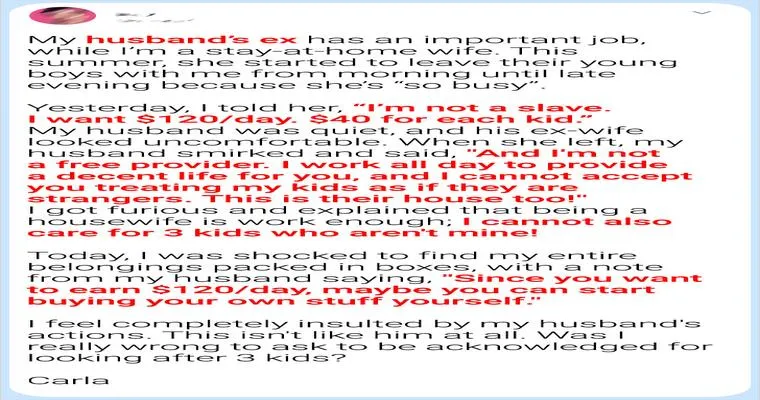Cognitive decline is a "serious issue" that affects many older adults, yet often it remains unacknowledged. When it comes to our loved ones, particularly "moms", the signs can be subtle, and "denial" can be a significant barrier to seeking help. This article explores the reasons behind this denial, the signs of cognitive decline, and how to approach the topic with compassion and understanding.
As our parents age, we may notice some changes in their behavior or memory. Forgetting names, repeating stories, or struggling to follow conversations can be indicative of "cognitive decline". However, many "moms" may brush these signs off as normal aging or stress, convincing themselves that they are simply having an off day. This denial is not uncommon, as many individuals fear the stigma associated with cognitive impairment and prefer to hide their struggles.
One reason for this denial is the "fear of losing independence". For many mothers, maintaining autonomy is paramount. The thought of needing assistance or losing the ability to live alone can be frightening. Consequently, they may dismiss early signs of cognitive decline, believing that acknowledging these changes could lead to unwanted interventions. This mindset can create a cycle where the problem is ignored, potentially exacerbating the situation over time.
Recognizing the signs of cognitive decline is crucial for early intervention. Symptoms may include difficulty with problem-solving, changes in mood or personality, and disorientation in familiar places. If you notice these changes in your mom, it is essential to approach the topic gently. Start by expressing concern from a place of love rather than criticism. Rather than stating that you believe she has a problem, frame the conversation around your observations and feelings.
Encouraging an open dialogue can be a key step in breaking through denial. Share stories about your own experiences with memory lapses or moments of forgetfulness. This can help normalize the conversation and reassure your mom that she is not alone in her struggles. It may also be helpful to suggest cognitive assessments or memory exercises as a proactive approach rather than a reactive one.
In addition to communication, educating yourself about cognitive decline can empower both you and your mom. Understanding the different types of dementia, such as "Alzheimer's disease" or vascular dementia, can provide context to her experiences. It may also help her see the importance of addressing any concerns sooner rather than later.
Support groups can also be a valuable resource for both you and your mom. Engaging with others who are going through similar experiences can help alleviate feelings of isolation and denial. Many organizations provide resources tailored to families dealing with cognitive decline, offering guidance on how to navigate conversations and care options.
In conclusion, while it can be challenging to confront the reality of cognitive decline in our loved ones, especially our "moms", denial should not be a barrier to seeking help. Acknowledging the signs, fostering open communication, and educating ourselves are essential steps in addressing this issue. By doing so, we can help our mothers maintain their dignity and independence for as long as possible while ensuring they receive the support they need.




